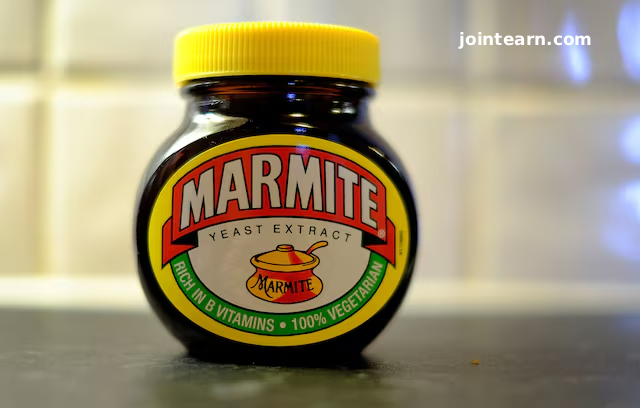
Unilever is exploring a potential sale of several of its most historic British food brands, including Marmite, Colman’s, and Bovril, according to multiple sources familiar with the discussions. The move underscores the company’s broader strategy to reshape its global portfolio and sharpen its focus on higher-growth beauty and wellbeing categories.
The potential divestment reflects a sweeping effort by the consumer goods multinational to streamline its operations—mirroring moves by competitors such as Nestlé, which is reviewing its water and vitamins businesses, and Kraft Heinz, which is undergoing a corporate breakup.
Package Valued at Around £200 Million; Pot Noodle Not Included
Sources said the package of British brands could deliver around £200 million ($261 million) in annual revenue. While Marmite may be on the list of assets for sale, two sources noted that Pot Noodle will remain part of Unilever’s portfolio, despite speculation.
Unilever declined to comment on the potential sale.
Marmite, the century-old yeast extract spread famous for its “love it or hate it” reputation, remains one of the UK’s most recognizable food products. Alongside Bovril beef extract and Colman’s mustard, the brands carry significant cultural and historical value, both in Britain and internationally.
A Major Test for Unilever’s New CEO
Selling these long-held brands would mark the largest strategic disposal under new CEO Fernando Fernandez, who took the helm in February with a mandate to accelerate Unilever’s turnaround.
Consumer goods companies have faced years of pressure due to supply chain disruptions, inflation, and weakening volumes. Fernandez’s task now includes reshaping Unilever into a more efficient and more profitable business—one that leans heavily on premium personal care and beauty products rather than its sprawling legacy food portfolio.
Unilever Already Exiting Food Categories
The possible sale follows several recent divestments by Unilever. In March, the group sold The Vegetarian Butcher to Dutch company Vivera. In October, it offloaded skincare line Kate Somerville to Rare Beauty Brands.
The brands now under potential review have been part of Unilever’s stable for at least two decades. Colman’s—a name that dates back more than 200 years—moved its production in 2020 from Norwich to Burton-upon-Trent, where Marmite and Bovril are also manufactured.
Shift Toward High-Margin Beauty and Wellbeing Products
Unilever, which owns around 400 brands worldwide, has been placing increased emphasis on its top 30 “power brands,” including Dove, Axe, and Hellmann’s. These market-leading names significantly shape the company’s global revenue.
Under Fernandez, previously the head of Unilever’s Beauty & Wellbeing division, the company is accelerating investment in premium beauty and personal care—categories that analysts say hold stronger long-term growth potential than legacy food staples.
Former CEO Hein Schumacher laid the groundwork last year, describing Unilever’s food portfolio as “eclectic” and signaling a plan to shed non-core brands. A source told Reuters in October that the company is considering selling European food assets worth between $1 billion and $1.5 billion.
Demerger of Ice Cream Unit Set for Next Month
A key moment in Unilever’s transformation will be the upcoming demerger of its global ice cream business, home to icons such as Magnum and Ben & Jerry’s. The separation will create a standalone company and represents one of the largest structural changes in Unilever’s recent history.
With the company now focusing increasingly on premium, fast-growing categories, the future of heritage British food brands like Marmite, Colman’s, and Bovril could soon shift to new ownership.


Leave a Reply